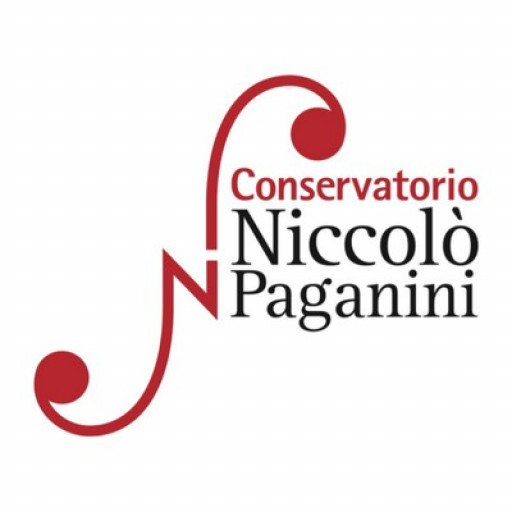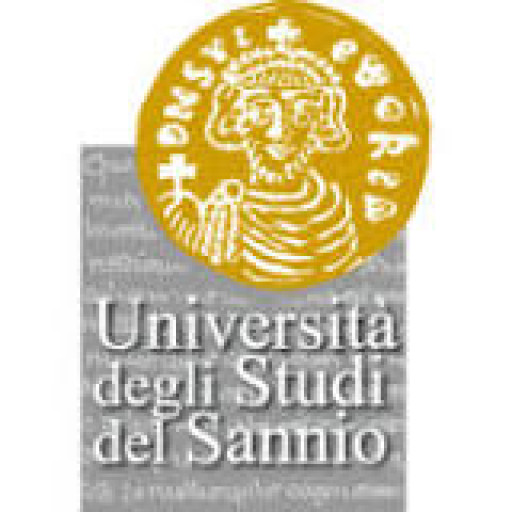Photos of university / #uniheidelberg
Risk and Resource Governance is a comprehensive master's programme at Heidelberg University designed to equip students with the knowledge and skills necessary to effectively manage and oversee complex risk environments and resource allocation in various organizational contexts. This interdisciplinary course combines theoretical foundations with practical applications, covering areas such as risk assessment, strategic resource management, decision-making processes, and governance frameworks. Students will explore the principles of corporate governance, financial risk management, sustainability considerations, and the legal and ethical aspects associated with resource utilization. The programme aims to develop advanced analytical abilities, strategic thinking, and problem-solving skills, enabling graduates to lead risk management initiatives, optimize resource deployment, and contribute to resilient organizational structures. Through a blend of lectures, case studies, project work, and internships, students will gain hands-on experience that prepares them for careers in risk management, governance consulting, governmental agencies, or corporate resource administration. The curriculum also emphasizes the importance of digital tools and data analytics in modern governance practices, ensuring students are well-versed in innovative techniques for monitoring and controlling risks. The programme is structured to foster leadership qualities, teamwork, and interdisciplinary collaboration, reflecting the complex nature of governance challenges faced by contemporary organizations. Graduates of Risk and Resource Governance will be able to assess potential threats, formulate strategic responses, and implement policies that promote sustainable growth and organizational stability. Heidelberg University's academic environment provides a stimulating setting for students to engage with faculty experts and industry practitioners, facilitating a rich learning experience that aligns with current global trends and local needs in risk and resource management. This master's programme is ideal for individuals seeking to deepen their understanding of governance structures and develop practical competencies to address the dynamic challenges of risk and resource management across sectors.
Educational organisation
The programme has a duration of three semesters. The first two semesters constitute teaching periods with courses held in Santiago de Chile. The third semester is scheduled for preparation of the Master's thesis. The first two semesters consist of compulsory and optional modules, which must be approved before work on the thesis begins. The compulsory modules take place at the Heidelberg Center for Latin America and are taught by professors from Heidelberg University, the Pontifical Catholic University of Chile (PUC) and the University of Chile (UC). The elective modules are part of the Master's programmes in Geography offered by PUC and UC. All courses will be taught in Spanish or English.This is a double degree programme. Part-time studies are possible.
Organisation:
Semester one
-Teorías y Políticas Ambientales 6 ECTS
-Gobernanza de riesgos naturales 6 ECTS
-Métodos de Investigación 6 ECTS
-Optional courses 12 ECTS
Semester two
-Gobernanza de recursos naturales 6 ECTS
-Seminario de Investigación 6 ECTS
-Optional courses 18 ECTS
Semester three
-Master's thesis 30 ECTS
Optional courses
-W1: Gestión sustentable de recursos naturales
-W2: Medio Ambiente y Sociedad
-W3: Recursos hídricos y energéticos
-W4: Riesgos climáticos y sísmicos
Forms of assessment
Assessment will take place in the form of written tests (exams, essays, and reports). The Master's programme concludes with the Master's thesis (30 ECTS) which is scheduled for the third semester and must be presented and defended.Course objectives
The overall objective of the Master's programme is to train specialists with the ability to integrate and apply scientific knowledge in the field of resource management and risk planning. The Master's programme offers an interdisciplinary dialogue between different perspectives from the social, economic and natural sciences. Participants acquire conceptual and theoretical knowledge, develop an understanding of scientific and practical problems, and acquire the methodological tools to elaborate and evaluate development plans and programmes.Language requirements
Applicants must have English and Spanish skills.Proof of excellent knowledge of Spanish:
- Spanish native speaker
- secondary education and/or higher education completed in a Spanish-speaking country
- Spanish test conducted by the Pontificia Universidad Católica de Chile
- certificate of approval of the DELE test from the Institute Cervantes Intermediate Level
Academic requirements
(1) Certificate of high school approval/secondary school completion(2) Bachelor's degree certificate (or a professional qualification equivalent to a university degree from the Pontifical Catholic University of Chile, University of Chile or Heidelberg University, obtained from a university recognised by the Chilean State, or in the case of foreign institutions by the government of the country), which should have been granted in any of these areas: geography, geology, economics, agronomy, engineering, political science, law or other
(3) Record of corresponding grades for undergraduate courses (or equivalent)
(4) Proof of excellent knowledge of Spanish:
- Spanish native speaker
- secondary education and/or higher education completed in a Spanish-speaking country
- Spanish test conducted by the Pontificia Universidad Católica de Chile
- certificate of approval of the DELE test from the Institute Cervantes Intermediate Level
(6) Two letters of recommendation
(7) Curriculum vitae
(8) Other university degrees that may be relevant
Costs of living
Approx. 600 EUR per monthFunding opportunities within the university
The programme will consider granting scholarships in special cases.http://www.hcla.uni-hd.de










